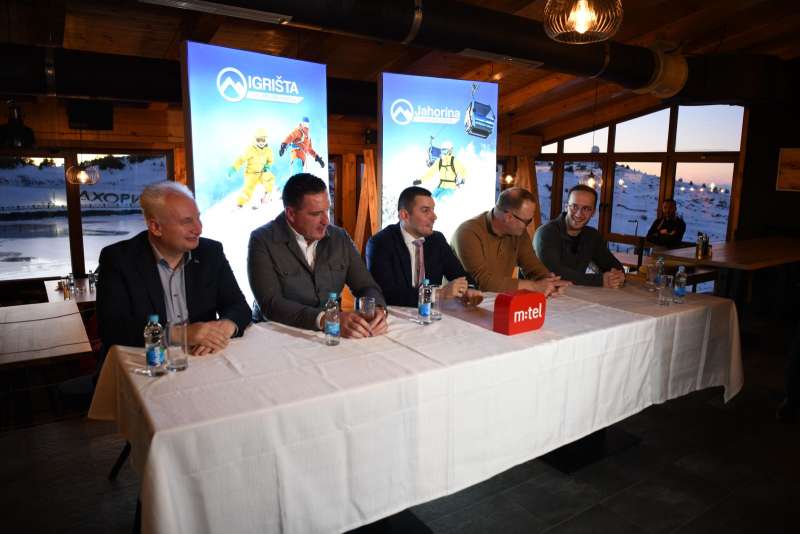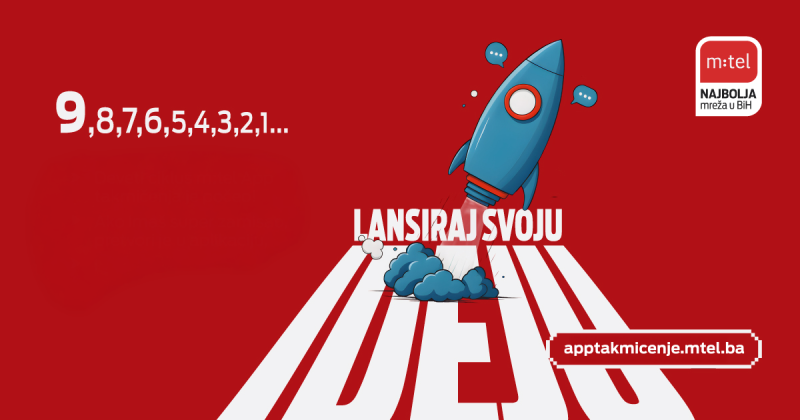BRČKO, December 3 (FENA) – Participants of the panel discussion "The Media Landscape in the Brčko District of BiH – Overview of the Current State in the Brčko District of BiH (Opportunities and Challenges)" emphasized the necessity of regulating the media sector at the state level systematically and comprehensively.
The Federal News Agency (FENA), in partnership with the OSCE Mission to BiH, organized a conference today in the Brčko District of BiH on the topic "Sustainable Media Ecosystem in the Brčko District of Bosnia and Herzegovina''.
During the panel discussion on the topic "Media Landscape in the Brčko District of BiH" Šejla Maslo Cerkić from the Human Rights Department at the OSCE Mission in BiH, Suada Mujdanović, correspondent for FTV in the Brčko District, Suvad Alagić, journalist at RNU Brčko District of BiH, and Dejan Petrović, editor at BHT1, discussed media freedom and the challenges journalists face in the District.
When asked by the moderator, Ilija Musa, Deputy Managing Director of FENA, how they assess media freedom in the Brčko District of BiH compared to other cities in BiH, Šejla Maslo Cerkić stated that BiH has dropped 17 places in the global media freedom index, falling from 64th to 81st place. This is the largest decline among all Western Balkan countries.
"The main reasons can be found in legislative initiatives, or the laws passed that do not favor freedom of expression in general, especially media freedom. At the state level, there is a lack of laws that would regulate the work of the media and the media sector systematically and comprehensively," she said.
She mentioned the need for laws on electronic communications, media, transparency of media ownership, media advertising, and measures to ensure the stable functioning of public broadcasters.
"These are steps that the state must take to have a regulated media space across BiH, which would certainly positively reflect on Brčko District as well," concluded Cerkić.
Given that media law is expected in Brčko District, she emphasized that the OSCE will monitor the process and is available for any form of assistance and support.
In addition to legislative prerequisites, there are also economic and political pressures that media outlets face daily in their work, with the recent local elections in BiH serving as an example, where the media struggled to follow the campaign. The challenges are similar across the region.
The media image in the Brčko District of BiH, according to journalist Suvad Alagić, is mixed with both positive and negative aspects.
He believes that the current government in the Brčko District of BiH can push for a law at the District level that will protect the media and journalists and also pointed out that the Brčko District does not have a journalists' association. Therefore, he proposed the establishment of such an association, not only at the District level but also at the entity and state levels.
He also believes that journalists should be prohibited from political engagement and that a journalist cannot be a member of a political party.
In this regard, FTV correspondent Suada Mujdanović believes that politics has a significant influence on media freedom, explaining that media in the Brčko District of BiH do not provide any critical review of the work of the Government and the Assembly of the District, as media are funded by the Brčko District Budget.
Topics that are of vital importance to citizens, she said, such as the lack of a magnetic resonance imaging (MRI) machine for ten years, cannot be raised because criticism of the Government and the Assembly of the Brčko District is always received negatively, leading journalists into conflict with the authorities and causing problems.
She also mentioned that some politicians buy media outlets, become owners of news portals, and only disseminate information that suits them at the moment.
BHT1 editor Dejan Petrović concluded that media cooperation is necessary not only to make Brčko District more visible but also to other areas in BiH, ensuring better media coverage.
Representatives of the media, academia, international organizations, District authorities, and domestic regulatory and self-regulatory bodies are discussing today at the conference the problems and opportunities to improve the media visibility of the Brčko District in the public space of BiH.
(FENA) A. B.









